It is not the business of the law to make anyone good or reverent or moral or clean or upright
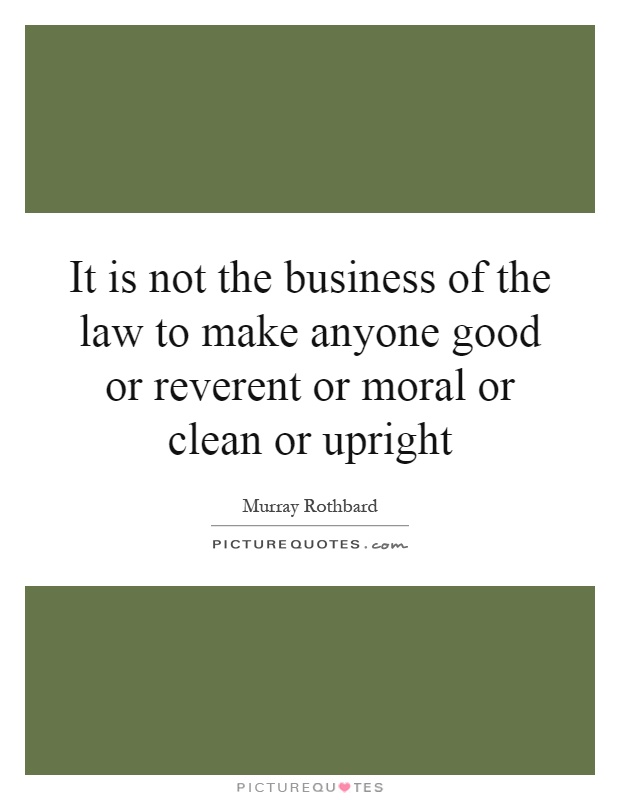
Business Law QuotesLaw And Business QuotesThe Business QuotesGood Moral QuotesMoral Law QuotesMurray Rothbard Quotes
It is not the business of the law to make anyone good or reverent or moral or clean or upright
Murray Rothbard, a prominent figure in the libertarian movement, was a staunch advocate for limited government intervention in the lives of individuals. One of his key beliefs was that the law should not be used as a tool to enforce morality or virtue on society. In his view, the role of the law was simply to protect individuals and their property rights from aggression and coercion.Rothbard argued that attempting to legislate morality was not only ineffective but also dangerous. He believed that individuals should be free to make their own choices and live their lives as they see fit, as long as they do not infringe on the rights of others. Imposing moral standards through the law, he argued, would only lead to authoritarianism and the erosion of individual liberty.
Rothbard's views on the law and morality were deeply rooted in his belief in natural rights and the non-aggression principle. He believed that individuals have the inherent right to live their lives as they choose, as long as they do not harm others. This principle formed the basis of his libertarian philosophy, which emphasized individual freedom and limited government intervention.
Rothbard's stance on the law and morality also reflected his skepticism of government power. He believed that giving the state the authority to enforce moral standards would inevitably lead to abuse and corruption. Instead, he argued for a system of voluntary cooperation and mutual respect among individuals, where moral standards are determined by social norms and personal values rather than government decree.
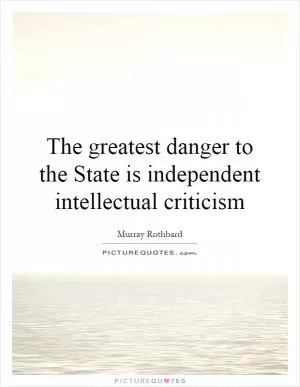

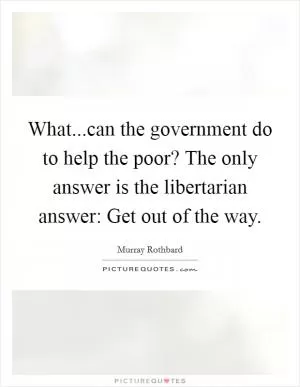
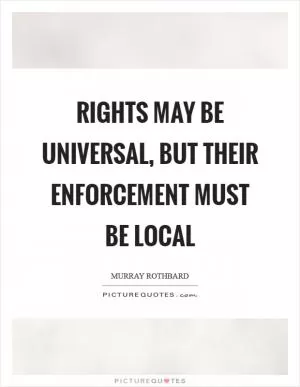

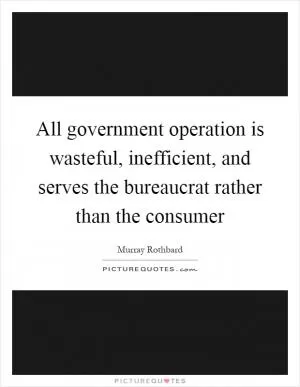
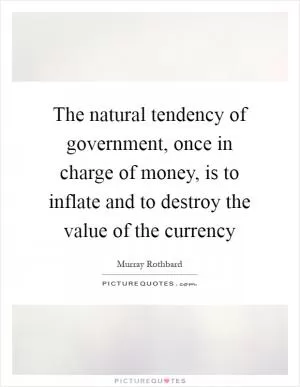
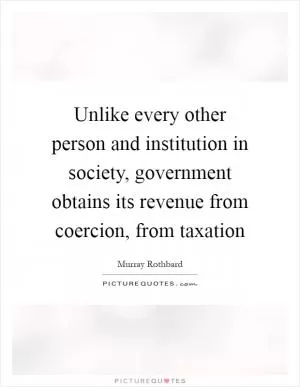
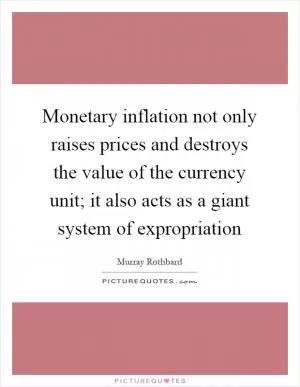
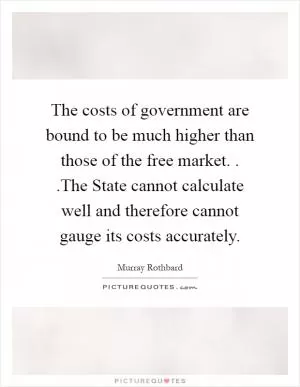
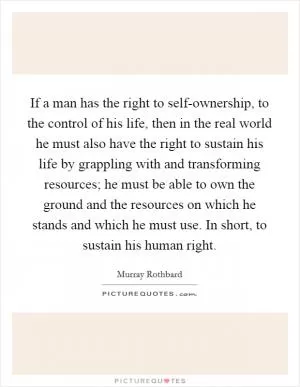

 Friendship Quotes
Friendship Quotes Love Quotes
Love Quotes Life Quotes
Life Quotes Funny Quotes
Funny Quotes Motivational Quotes
Motivational Quotes Inspirational Quotes
Inspirational Quotes